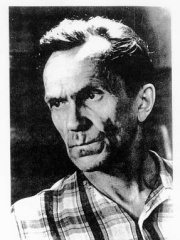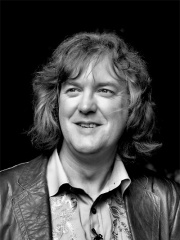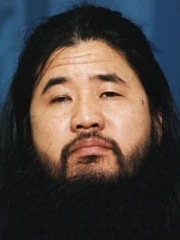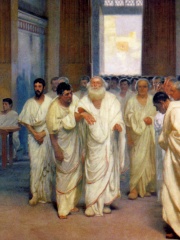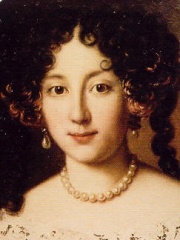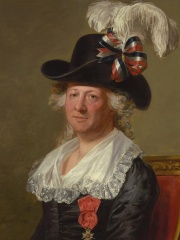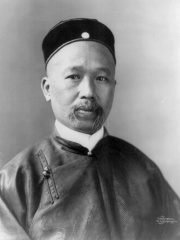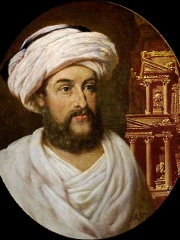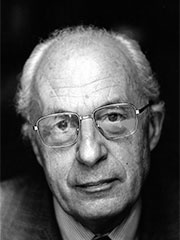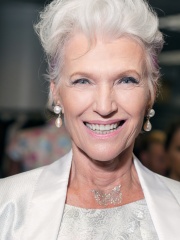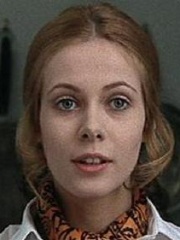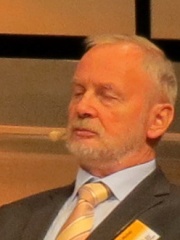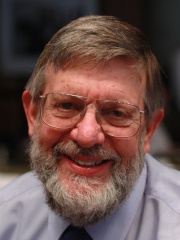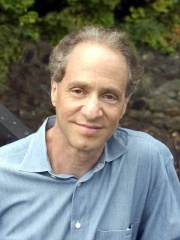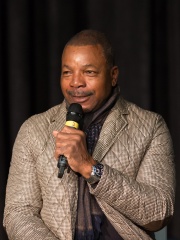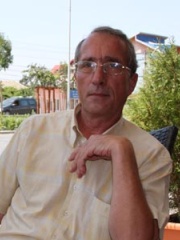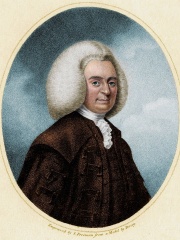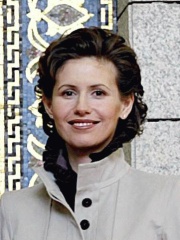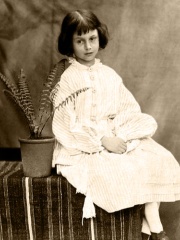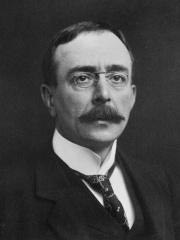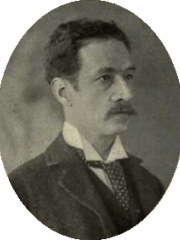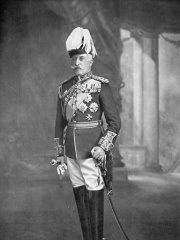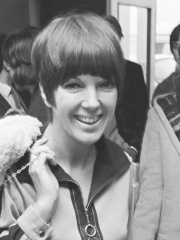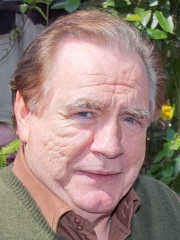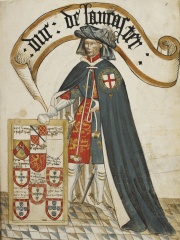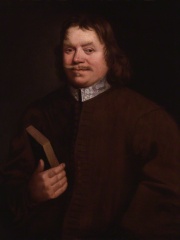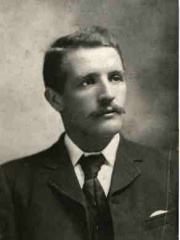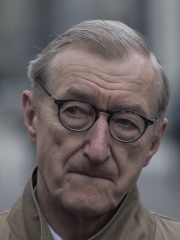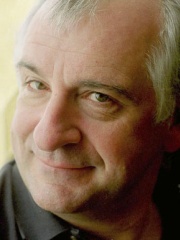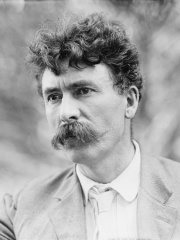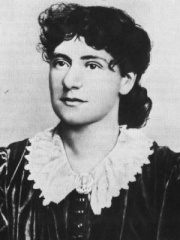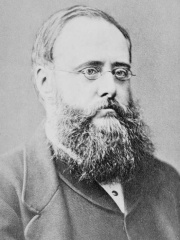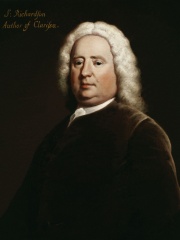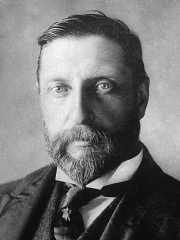WRITER
Ian McEwan
1948 - Today
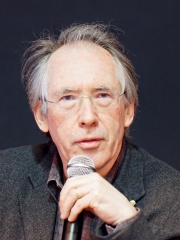
 Ian McEwan
Ian McEwan
Ian Russell McEwan (born 21 June 1948) is a British novelist and screenwriter. In 2008, The Times featured him at number 35 on its list of "the 50 greatest British writers since 1945", and The Daily Telegraph ranked him number 19 out of "the 100 most powerful people in British culture". McEwan began his career writing sparse, Gothic short stories. His first two novels, The Cement Garden (1978) and The Comfort of Strangers (1981), earned him the nickname "Ian Macabre". Read more on Wikipedia
His biography is available in 53 different languages on Wikipedia (up from 52 in 2024). Ian McEwan is the 887th most popular writer (down from 659th in 2024), the 832nd most popular biography from United Kingdom (down from 501st in 2019) and the 86th most popular British Writer.
Ian McEwan is a British novelist and screenwriter. He is best known for his novels, The Cement Garden, Enduring Love, Atonement, and Saturday.
Memorability Metrics
Page views of Ian McEwan by language
Among WRITERS
Among writers, Ian McEwan ranks 887 out of 7,302. Before him are Varlam Shalamov, James May, Shoko Asahara, Appius Claudius Caecus, Aron Nimzowitsch, and Robert E. Howard. After him are Marie Mancini, Zenodotus, Chevalier d'Éon, Kang Youwei, Johann Ludwig Burckhardt, and Philippe Ariès.
Most Popular Writers in Wikipedia
Go to all RankingsVarlam Shalamov
1907 - 1982
HPI: 68.92
Rank: 881
James May
1963 - Present
HPI: 68.92
Rank: 882
Shoko Asahara
1955 - 2018
HPI: 68.89
Rank: 883
Appius Claudius Caecus
340 BC - 273 BC
HPI: 68.88
Rank: 884
Aron Nimzowitsch
1886 - 1935
HPI: 68.87
Rank: 885
Robert E. Howard
1906 - 1936
HPI: 68.86
Rank: 886
Ian McEwan
1948 - Present
HPI: 68.84
Rank: 887
Marie Mancini
1639 - 1715
HPI: 68.84
Rank: 888
Zenodotus
330 BC - 260 BC
HPI: 68.83
Rank: 889
Chevalier d'Éon
1728 - 1810
HPI: 68.83
Rank: 890
Kang Youwei
1858 - 1927
HPI: 68.82
Rank: 891
Johann Ludwig Burckhardt
1784 - 1817
HPI: 68.82
Rank: 892
Philippe Ariès
1914 - 1984
HPI: 68.81
Rank: 893
Contemporaries
Among people born in 1948, Ian McEwan ranks 67. Before him are Phylicia Rashad, Maye Musk, Claude Jade, Ian Paice, Arie Haan, and Bille August. After him are Hartmut Michel, Siim Kallas, William Daniel Phillips, Ray Kurzweil, Carl Weathers, and Valentin Ceaușescu.
Others Born in 1948
Go to all RankingsPhylicia Rashad
ACTOR
1948 - Present
HPI: 69.40
Rank: 61
Maye Musk
MODEL
1948 - Present
HPI: 69.31
Rank: 62
Claude Jade
ACTOR
1948 - 2006
HPI: 69.16
Rank: 63
Ian Paice
MUSICIAN
1948 - Present
HPI: 69.05
Rank: 64
Arie Haan
SOCCER PLAYER
1948 - Present
HPI: 68.97
Rank: 65
Bille August
FILM DIRECTOR
1948 - Present
HPI: 68.96
Rank: 66
Ian McEwan
WRITER
1948 - Present
HPI: 68.84
Rank: 67
Hartmut Michel
CHEMIST
1948 - Present
HPI: 68.68
Rank: 68
Siim Kallas
POLITICIAN
1948 - Present
HPI: 68.51
Rank: 69
William Daniel Phillips
PHYSICIST
1948 - Present
HPI: 68.44
Rank: 70
Ray Kurzweil
COMPUTER SCIENTIST
1948 - Present
HPI: 68.42
Rank: 71
Carl Weathers
ACTOR
1948 - 2024
HPI: 68.39
Rank: 72
Valentin Ceaușescu
PHYSICIST
1948 - Present
HPI: 68.38
Rank: 73
In United Kingdom
Among people born in United Kingdom, Ian McEwan ranks 832 out of 8,785. Before him are Colin Maclaurin (1698), Asma al-Assad (1975), Alice Liddell (1852), Nicko McBrain (1952), Charles Scott Sherrington (1952), and Louis Wain (1860). After him are Denis Law (1940), Oliver Heaviside (1850), Chris Norman (1950), Prince Arthur, Duke of Connaught and Strathearn (1850), Mary Quant (1930), and Brian Cox (1946).
Others born in United Kingdom
Go to all RankingsColin Maclaurin
MATHEMATICIAN
1698 - 1746
HPI: 68.90
Rank: 826
Asma al-Assad
POLITICIAN
1975 - Present
HPI: 68.87
Rank: 827
Alice Liddell
INSPIRATION
1852 - 1934
HPI: 68.87
Rank: 828
Nicko McBrain
MUSICIAN
1952 - Present
HPI: 68.87
Rank: 829
Charles Scott Sherrington
BIOLOGIST
1952 - 1952
HPI: 68.86
Rank: 830
Louis Wain
PAINTER
1860 - 1939
HPI: 68.86
Rank: 831
Ian McEwan
WRITER
1948 - Present
HPI: 68.84
Rank: 832
Denis Law
SOCCER PLAYER
1940 - 2025
HPI: 68.84
Rank: 833
Oliver Heaviside
MATHEMATICIAN
1850 - 1925
HPI: 68.83
Rank: 834
Chris Norman
SINGER
1950 - Present
HPI: 68.82
Rank: 835
Prince Arthur, Duke of Connaught and Strathearn
POLITICIAN
1850 - 1942
HPI: 68.80
Rank: 836
Mary Quant
FASHION DESIGNER
1930 - 2023
HPI: 68.80
Rank: 837
Brian Cox
ACTOR
1946 - Present
HPI: 68.79
Rank: 838
Among WRITERS In United Kingdom
Among writers born in United Kingdom, Ian McEwan ranks 86. Before him are Henry of Grosmont, 1st Duke of Lancaster (1310), John Bunyan (1628), William McMaster Murdoch (1873), Julian Barnes (1946), Douglas Adams (1952), and James May (1963). After him are Ernest Thompson Seton (1860), Eleanor Marx (1855), Wilkie Collins (1824), Samuel Richardson (1689), H. Rider Haggard (1856), and Christopher Tolkien (1924).
Henry of Grosmont, 1st Duke of Lancaster
1310 - 1361
HPI: 69.55
Rank: 80
John Bunyan
1628 - 1688
HPI: 69.29
Rank: 81
William McMaster Murdoch
1873 - 1912
HPI: 69.20
Rank: 82
Julian Barnes
1946 - Present
HPI: 69.11
Rank: 83
Douglas Adams
1952 - 2001
HPI: 68.98
Rank: 84
James May
1963 - Present
HPI: 68.92
Rank: 85
Ian McEwan
1948 - Present
HPI: 68.84
Rank: 86
Ernest Thompson Seton
1860 - 1946
HPI: 68.77
Rank: 87
Eleanor Marx
1855 - 1898
HPI: 68.76
Rank: 88
Wilkie Collins
1824 - 1889
HPI: 68.76
Rank: 89
Samuel Richardson
1689 - 1761
HPI: 68.72
Rank: 90
H. Rider Haggard
1856 - 1925
HPI: 68.70
Rank: 91
Christopher Tolkien
1924 - 2020
HPI: 68.62
Rank: 92
